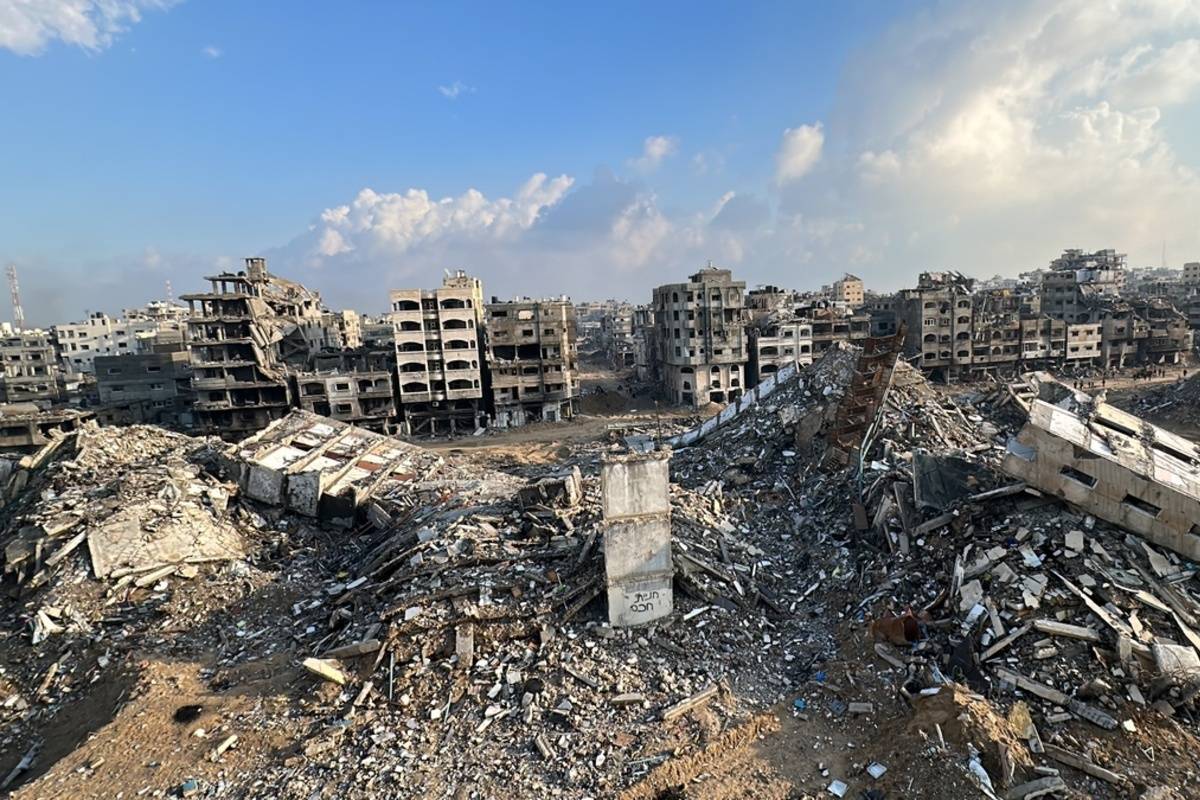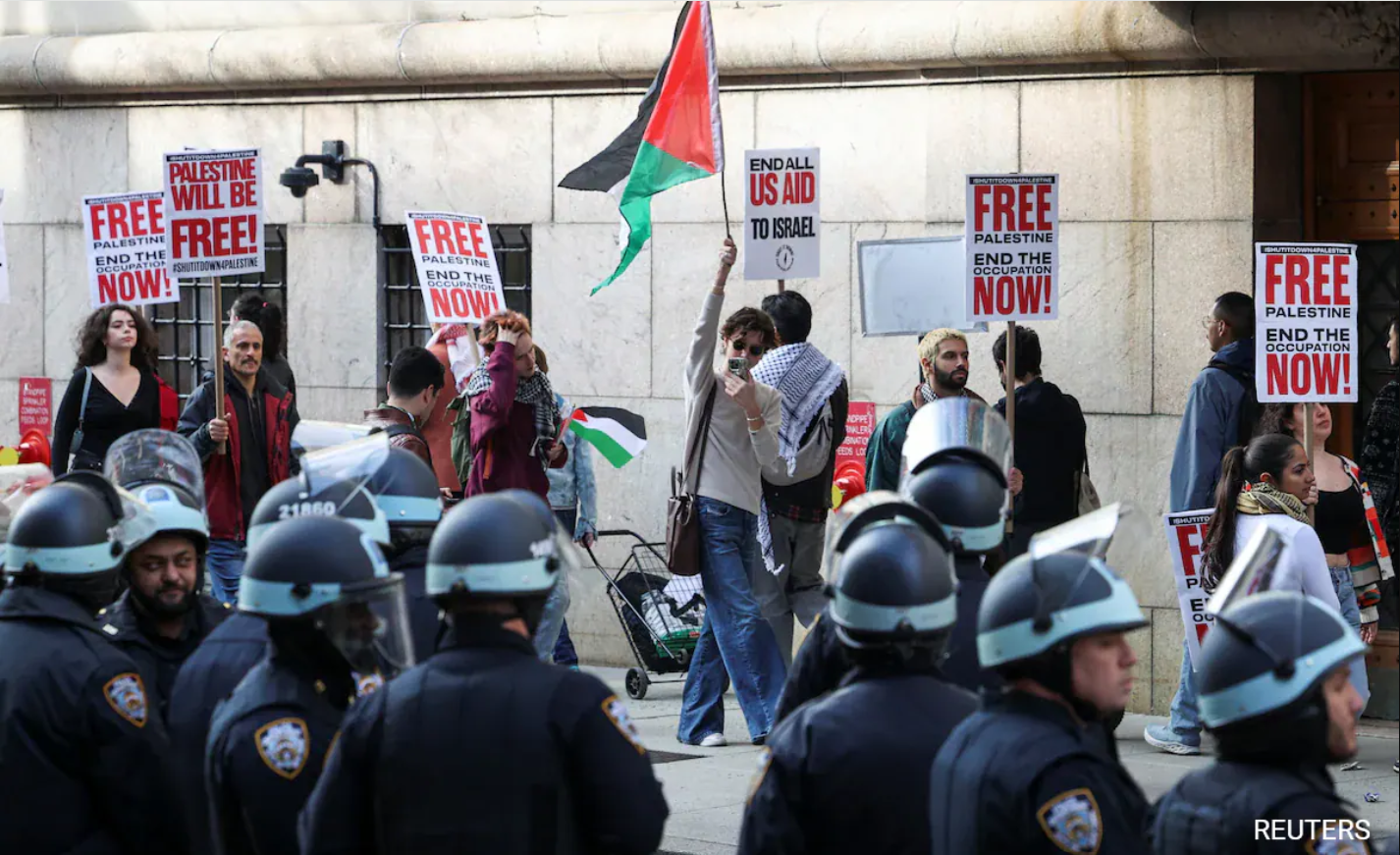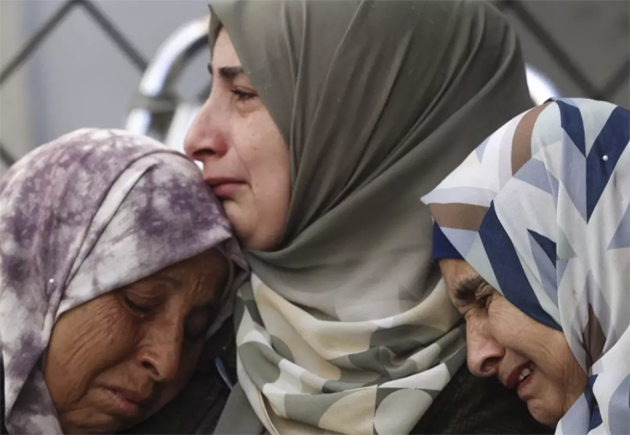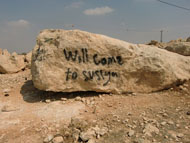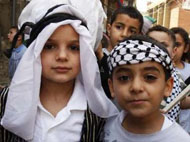
Yesterday, I attended a checkpoint tour through the West Bank, organized by an Israeli nonprofit organization. Traveling through the seam zone between the West Bank and the Green Line, we sat on an air-conditioned tour bus and pointed at various hills containing settlements, valleys with a few patches of Palestinian farmland, and about five checkpoints, three of which we stopped to take photos and listen to a few examples of injustice. Filled mostly with Israelis between the ages of 50 and 80, the tourists were eager to listen and learn. Yet there were things that kept ringing as the tour went on, red flags marking subtle rhetoric and a lack of understanding within the supposedly understanding group. I found the questions and points I wanted to be addressed were not only avoided, but perhaps even consciously ignored. Where I wanted there to be progress, there wasn’t any.
Before I proceed, I would to like to preserve the anonymity of the group as well as the individuals I am talking about, so I will not mention any proper names. Furthermore, this organization should be commended for its work within checkpoints themselves - aiming to ensure the safety and dignity for Palestinians - its public call within Israeli society to end the occupation, and its attempts to educate Israeli society on several injustices coming with the occupation. My account does not encompass all of Israeli activism and does not try to; rather, it is simply a personal interpretation of one example of Israeli activism.
Our tour guide repeated several times as she began her talk: THIS IS NOT A POLITICAL TOUR. WE WILL NOT TALK POLITICS HERE. As many times she repeated these words in different English sentences, there were still trace amounts of fear, as if she was afraid the bus would rise up in arms if she even breathed the word “Palestine” or “occupation”.
And thus the tour began. Our first destination was a small agricultural Palestinian village inside of the seam zone. We filed off of the bus and observed an agricultural checkpoint, witnessing a Palestinian boy stopped in front of the gate because he didn’t have a permit for his bag of fertilizer. The tour guides agreed publicly it was awful, but did not fail to keep throwing in security logic along the way: “If he wanted to blow himself up, why would he do it in his own village?”, answering the questions of the more security-minded folk in the audience. While that is a valid response in terms of security, they were failing to address the larger picture.
The next stop was a meeting with an “Arab friend”, a Palestinian man who told his story between constant reassurances of his friendship with the Israeli people, an effort seemingly tending to the invisible yet ever-present (and in my opinion, many times irrational) fear of international hatred towards Jews. He served us water, coffee and tea, and faced many questions from the audience not about the checkpoint dehumanization he faced, but about the lack of authority the PA held, as if Israel was no longer responsible for the frustrations he faced.
After this we stopped for lunch at a falafel shop in a small town still inside the seam zone. People lined up to use the one-stall bathroom and gave extra money to the cashier, a deed seemingly valiant but, in all honesty, quite patronizing.
Following lunch were several bathroom stops, a stop in Jayyous where we did not even step a foot off of the air conditioned bus, listening instead to a villager repeatedly reassure us he had “many Israeli friends”; only after this was repeated several times did he quickly tell his story and then sold everyone olive oil. We then stopped again, this time to buy real life “Arab sweets”, and then continued our in-bus trek winding through steep hills, pointing out settlements on top and Palestinian villages below, and finally coming back to the seam zone where we stopped at two checkpoints, one deserted and one still fully functioning.
Stopping briefly in the parking lot, we listened to the tour guide stress, “Yes, and once President Obama told Israel to get rid of this checkpoint, it did! See? Oh and it used to be awful, one of the worst. And now it is gone. Well, not really gone, because it is still blocking the road. But there are no soldiers here anymore.” Did Israel add any others to replace this one? I wanted to ask.
Before any of us really had time to process what we were seeing, we were back at the bus station in Israel, filing civilly off of our tour bus.
And I couldn’t help but feel . . . strange. While I was hoping to learn more about the construction, use and abuse of checkpoints, I instead received subtle rhetoric on the legitimacy of Israel (which I am not denouncing, however that decision should be my own, and not be constantly forced onto me), an inaccurate and frankly completely separated view of “the Arabs” (the use of that word alone exemplifies a lack of understanding) and a look into factions of supposedly leftist Israeli society. We were all spoon-fed a few examples of injustice mixed with a subtle separation from “the Arabs”, not drawing on similarities between the two peoples but instead separating them even more. It was as if the message was, “well, they do suffer, but they all also want to kill us minus a few of them. So we still need a lot of separation and security from them.”
Yet with this separation, peace will never be possible. If the Israeli society is unwilling to understand and relate to those they call “the Arabs”, (and conversely if the Palestinians are unwilling to understand the Israeli point of view) a lasting peace will never be a reality.
Note: Our first stop was not a small agricultural village but our second stop; our first stop was in Alfe Menashe (an Israeli settlement) where we learned of the High Court of Justice verdict in 2005 on the separation wall, which deemed its sections inside occupied Palestinian land as illegal.
The dismantled checkpoint (Huwwara) does not completely block the road, as previously stated
The ages of participants is unverified
While the term “Arabs” was used at times during the tour in reference to the local population, “Palestinians” was also used when referring to the individuals we met and to the people in general.
Bailey Fisher is a Writer for the Media and Information Department at the Palestinian Initiative for the Promotion of Global Dialogue and Democracy (MIFTAH). She can be contacted at mid@miftah.org.




